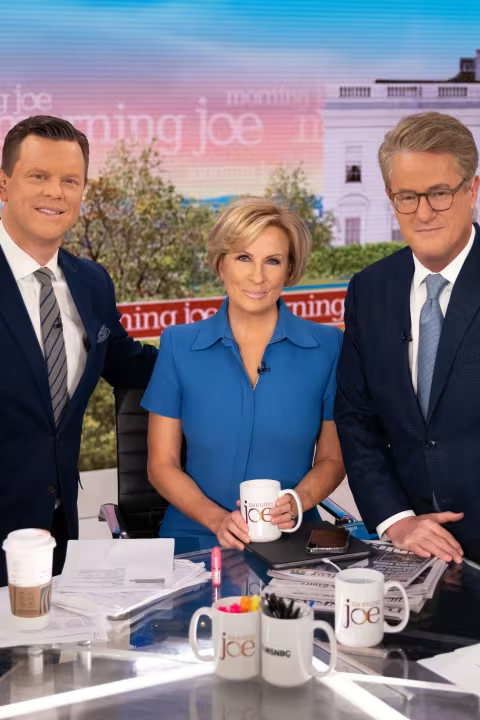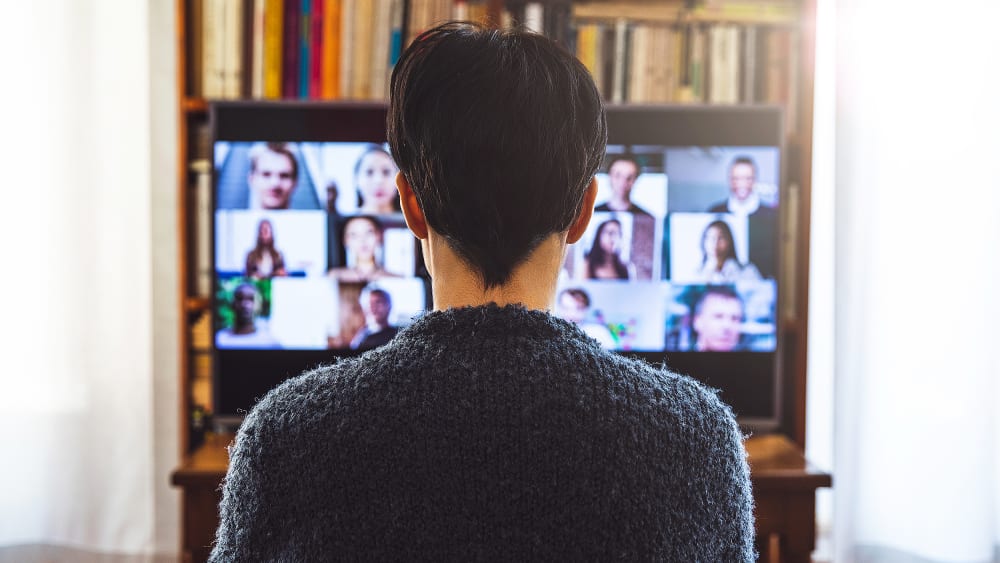








MS NOW OPINION
Understand Today’s News
Like this content? Follow our rundown delivered daily right to your inbox
Shows
Know Your Value
Latest from MS NOW
Maddowblog
Friday’s Mini-Report, 1.30.26
Deadline: Legal Blog
How can ICE be forced to comply with court orders?
Morning Joe


































































